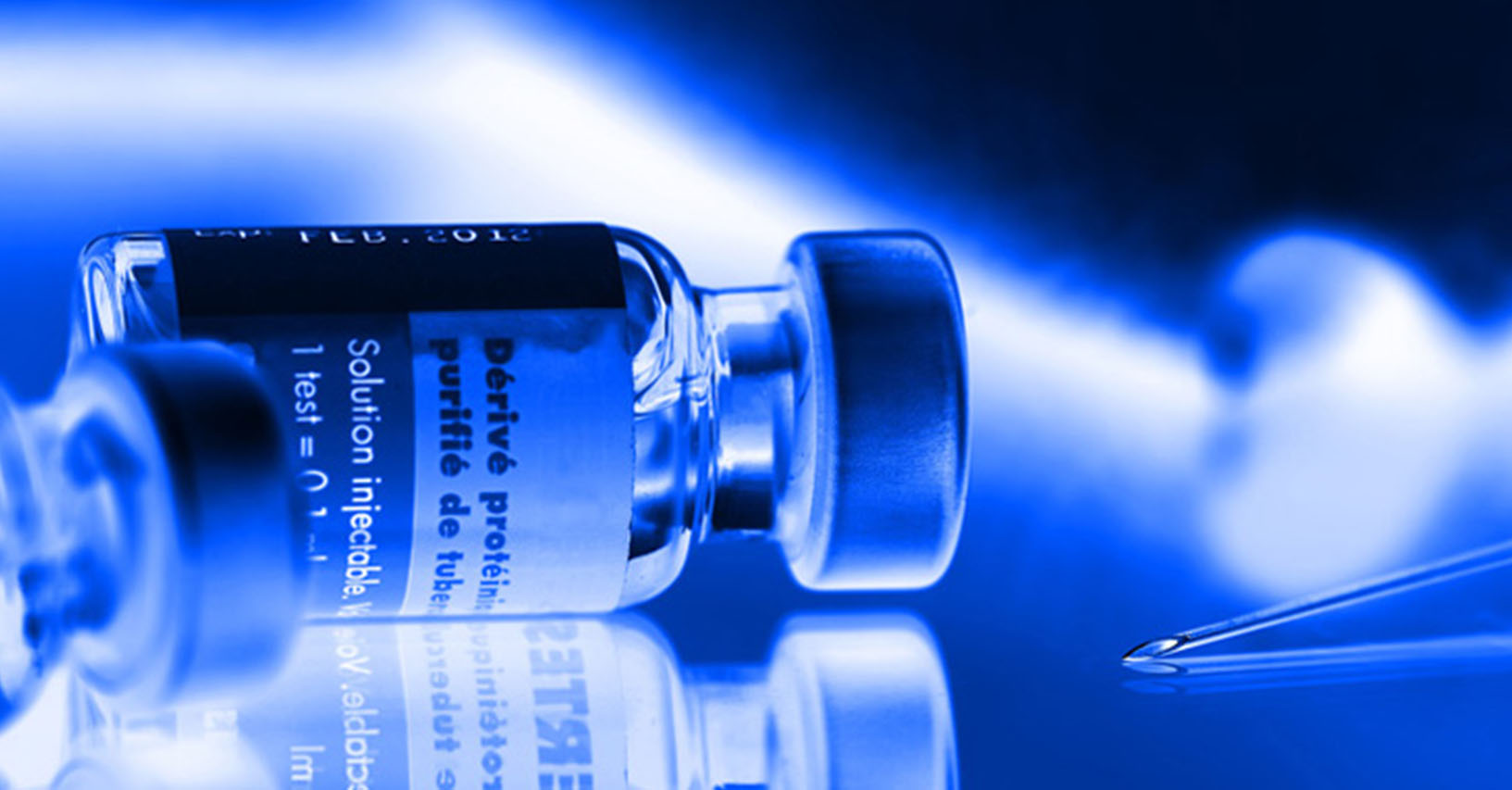
science
Science is the systematic study of the natural and physical world through observation, experimentation, and reasoning. Science aims to discover the laws and principles that govern the phenomena and processes in the universe, and to apply them for the benefit of humanity and nature. Science is a vast and diverse field that encompasses various disciplines such as physics, chemistry, biology, astronomy, geology, psychology, medicine, engineering, and more.
I have always been fascinated by science and its wonders since I was a child. I used to read books and watch documentaries about various scientific topics and marvel at the discoveries and inventions that have shaped our world. I also enjoyed doing experiments and projects in school and at home, and learning new facts and concepts. Science has stimulated my curiosity, imagination, and creativity, and has inspired me to pursue a career in this field.
My Field of Interest: Biotechnology
If I were a scientist, I would like to specialize in the field of biotechnology, which is the application of biological systems and organisms for industrial or medical purposes. Biotechnology is an interdisciplinary field that combines biology, chemistry, engineering, computer science, and more. Biotechnology has many applications such as developing new drugs and vaccines, improving crop yields and quality, producing biofuels and bioplastics, creating artificial organs and tissues, enhancing animal health and welfare, and solving environmental problems.
Some of the reasons why I would choose biotechnology as my field of interest are:
● Biotechnology has the potential to improve human health and well-being by finding cures for diseases, creating personalized medicine, enhancing diagnostics and therapeutics, and extending lifespan.
● Biotechnology can also contribute to food security and sustainability by developing genetically modified crops that are resistant to pests, diseases, droughts, and salinity, increasing nutritional value and diversity, and reducing waste and pollution.
● Biotechnology can also help address the challenges of energy and climate change by producing renewable and clean sources of energy such as biofuels from biomass or algae, reducing greenhouse gas emissions from industries and transportation, and developing bioremediation techniques to clean up contaminated sites.
● Biotechnology can also foster innovation and creativity by creating new products and materials from biological sources such as bioplastics from bacteria or fungi, biosensors from enzymes or antibodies, bioadhesives from mussels or geckos, and biocomputers from DNA or cells.
● Biotechnology can also offer exciting opportunities for learning and discovery by exploring the diversity and complexity of life at different levels such as genes, proteins, cells, tissues, organs, organisms, ecosystem and biosphere.
My Research Topic: Gene Editing
If I were a scientist in biotechnology,
I would like to work on developing new methods for gene editing using tools such as CRISPR-Cas9. Gene editing is the process of modifying the DNA of an organism to introduce or remove specific traits or functions. Gene editing can be used for various purposes such as correcting genetic defects or diseases, enhancing desirable characteristics or abilities, creating novel organisms or species, and studying gene function or regulation.
The Benefits of Gene Editing :
Some of the benefits of gene editing are:
● Gene editing can provide solutions for many genetic disorders or diseases that have no effective treatments or cures. For example; gene editing can be used to correct mutations that cause cystic fibrosis, sickle cell anemia, hemophilia, or muscular dystrophy.
● Gene editing can also improve the quality of life of people by enhancing their physical or mental attributes or capacities. For example, gene editing can be used to increase intelligence, memory, strength, stamina or longevity.
● Gene editing can also create new possibilities for biotechnology by generating novel organisms or species with unique features or functions. For example, gene editing can be used to create transgenic animals that produce pharmaceuticals in their milk or organs, glowing plants that act as natural lamps, or chimeras that combine traits from different species.
The Challenges of Gene Editing :
However, gene editing also poses some ethical, social, and environmental challenges that need to be addressed. Some of these are:
● Gene editing can raise moral questions about the value and dignity of life, the rights and responsibilities of parents, the limits of human intervention, and the implications of playing God.
● Gene editing can also create social issues such as inequality, discrimination, stigma, or conflict among different groups or individuals based on their genetic status or identity.
● Gene editing can also have environmental impacts such as disrupting the natural balance, biodiversity, and evolution of ecosystems, introducing invasive or harmful species or causing unintended consequences or side effects.
My Research Principles – Ethical, Responsible, and Beneficial :
Therefore, if I were a scientist in biotechnology working on gene editing,
I would follow some principles and guidelines to ensure that my research is ethical, responsible, and beneficial for humanity and nature. Some of these are:
● I would respect the dignity and autonomy of human subjects or participants involved in my research,
and obtain their informed consent before conducting any experiments or interventions on them.
● I would adhere to the standards and regulations of scientific integrity,
quality, and safety in my research, and report my findings and methods honestly and transparently.
● I would consider the potential risks and benefits of my research for the individual,
society, and environment, and weigh them carefully before proceeding with any applications or implementations.
● I would engage with the public and other stakeholders to communicate the goals and outcomes of my research,
and solicit their feedback and opinions on the ethical, social, and environmental implications of my research.
● I would collaborate with other scientists and experts from different disciplines and backgrounds to share knowledge and perspectives and foster innovation and diversity in my research.
My Research Vision : A Tool for Good
In conclusion, if I were a scientist in biotechnology working on gene editing, I would pursue my passion and curiosity for science and its wonders, but also be mindful and cautious of the ethical, social, and environmental consequences of my research. I would strive to use science as a tool for good, and not for evil. I would hope to make a positive difference in the world through my research.
By: Ashrafi Rubaiya
Write and Win: Participate in Creative writing Contest & International Essay Contest and win fabulous prizes.


